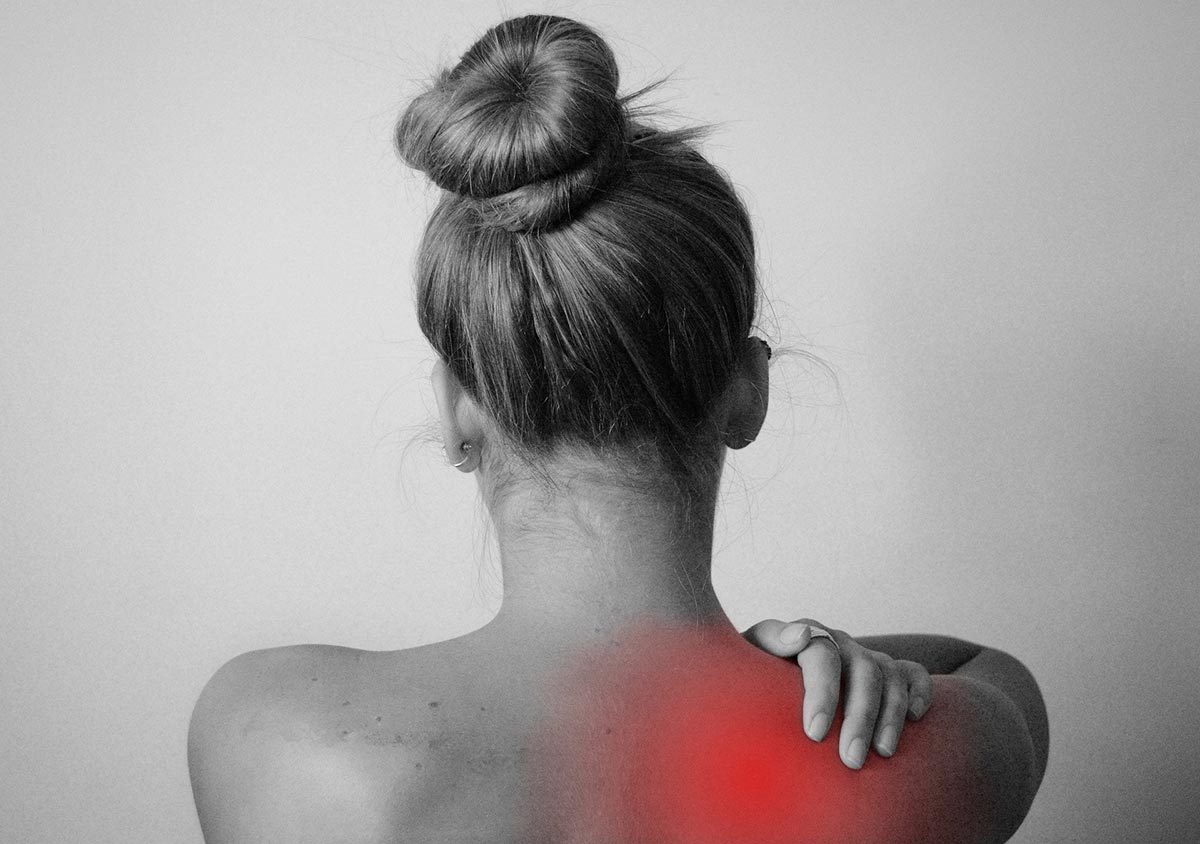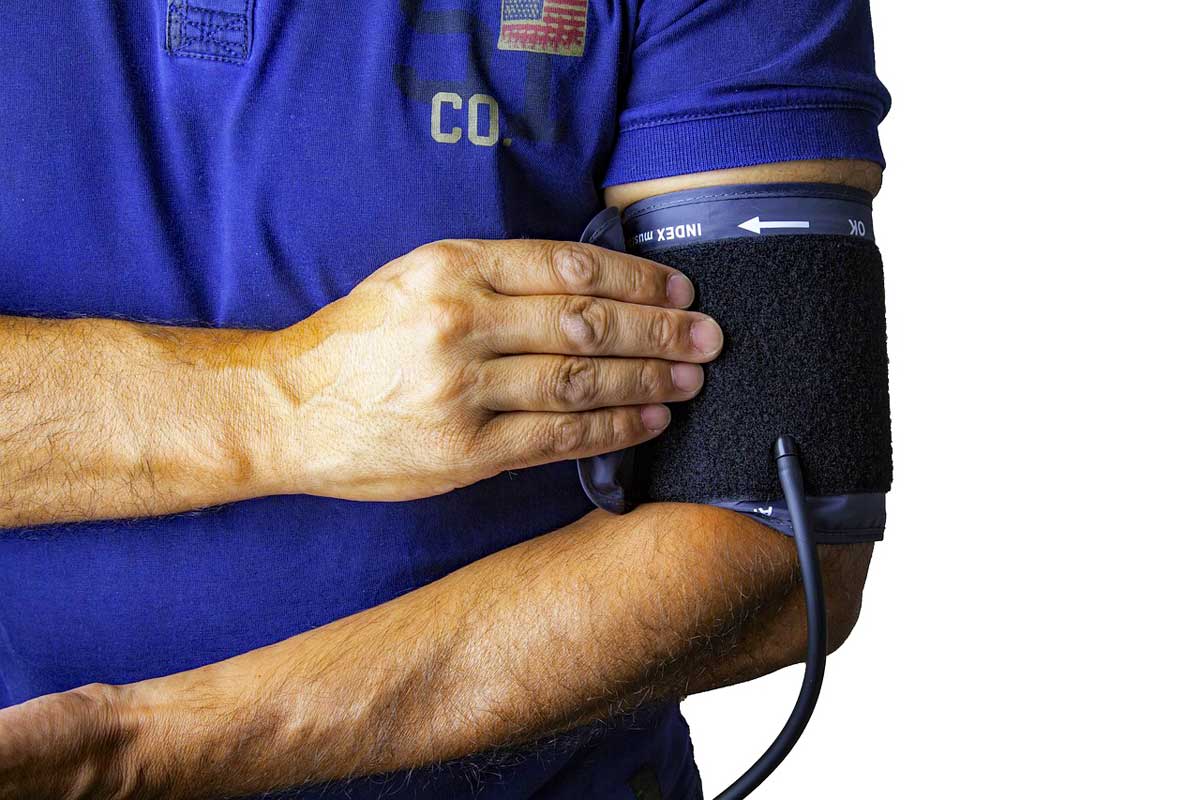Frozen shoulder, medically known as adhesive capsulitis, is a frustrating and often painful condition that significantly limits the movement of the shoulder joint. It arises from inflammation and thickening of the shoulder capsule, a structure that encases the joint. This inflammation leads to the formation of adhesions—bands of tissue that stick together and restrict movement. Compounding the problem is a reduction in synovial fluid, which is essential for lubricating the joint, making it smooth and functional.
Understanding the Symptoms
The hallmark of frozen shoulder is dull or aching pain that typically radiates across the outer shoulder and sometimes into the upper arm. Simple daily activities like brushing your hair, reaching for something overhead, or even putting on a jacket can become excruciating challenges. For many, the pain intensifies at night, disrupting sleep and adding another layer of discomfort.
The Three Stages of Frozen Shoulder
Frozen shoulder develops gradually and is typically categorized into three distinct stages, each lasting several months:
Stage 1: Pain (Freezing)
In the initial stage, the shoulder begins to ache, and pain worsens with movement. Range of motion may start to decline, but stiffness is not yet the primary issue.
Stage 2: Frozen
During the frozen stage, the shoulder becomes significantly stiffer, and movement is severely restricted. Pain may subside slightly, but the lack of mobility becomes the primary concern.
Stage 3: Thawing
As the name suggests, the thawing stage is when the shoulder begins to regain its mobility. Pain diminishes further, and range of motion gradually improves, although complete recovery may take several months or even years.
Causes and Risk Factors
Frozen shoulder can develop without a clear cause, though certain risk factors increase the likelihood of its onset:
Shoulder Injuries: Trauma such as a rotator cuff tear or fracture can trigger adhesive capsulitis.
Immobilization: Extended periods of inactivity, often following surgery or injury, contribute to the condition.
Medical Conditions: Diabetes, thyroid disorders, and cardiovascular diseases are associated with a higher risk.
Age and Gender: Frozen shoulder is most common in people aged 40–60 and affects women more frequently than men.
Diagnosis
Diagnosing frozen shoulder involves a thorough physical examination. Your healthcare provider may assess your range of motion, ask about your symptoms, and review your medical history. Imaging studies like X-rays or MRIs may be used to rule out other conditions, such as arthritis or rotator cuff injuries.
Early Intervention Is Key
Frozen shoulder is easier to manage when caught early, particularly during the pain (freezing) stage. Seeking professional guidance from a physiotherapist or healthcare provider can prevent the condition from progressing to the frozen stage. Early intervention focuses on restoring movement and reducing inflammation through targeted exercises and treatments.
Treatment Options
Treatments for frozen shoulder are tailored to the individual's condition and the stage of the disorder. The primary goals are to alleviate pain, improve range of motion, and prevent further stiffness.
Physiotherapy
Physiotherapy is the cornerstone of frozen shoulder treatment. A registered physiotherapist will design a program of exercises to improve flexibility and strength. Common techniques include:
Stretching Exercises: Gentle shoulder stretches help restore range of motion by loosening tight muscles and adhesions.
Strengthening Exercises: Strengthening the surrounding shoulder muscles can enhance joint stability and functionality.
Manual Therapy: Techniques like joint mobilization and soft tissue massage can reduce stiffness and pain.
Medications
Pain relief is often achieved through over-the-counter or prescribed anti-inflammatory medications like ibuprofen or corticosteroid injections. These treatments reduce swelling and make physiotherapy more tolerable and effective.
Surgical Intervention
In severe cases, surgical procedures may be necessary. These include:
Manipulation Under Anesthesia: The shoulder is forcibly moved to break adhesions while the patient is sedated.
Arthroscopic Surgery: Minimally invasive techniques are used to cut through adhesions and remove scar tissue.
Rehabilitation and Prevention
Preventing frozen shoulder is often possible by maintaining regular movement and addressing minor injuries promptly. After treatment, rehabilitation plays a critical role in ensuring a full recovery.
Range of Motion Exercises
Incorporating range-of-motion exercises into your daily routine prevents adhesions from forming and ensures long-term mobility. Common exercises include pendulum swings and wall crawls.
Strengthening and Conditioning
Once pain subsides, focus on strengthening the shoulder muscles to improve joint stability. Balanced Shoulder Development! By Exercises such as resistance band work and dumbbell lifts can be beneficial.
Posture and Ergonomics
Maintaining good posture reduces unnecessary strain on the shoulders. Be mindful of your workspace setup and consider adjustments to avoid prolonged stress on the joint.
Why Professional Guidance Matters
Frozen shoulder can be a complex and frustrating condition. Professional assessment and guidance ensure that you receive the most effective treatments tailored to your needs. Goal is a great shoulder health! Attempting to self-diagnose or self-treat may lead to prolonged symptoms or worsen the condition.
Frozen shoulder is a condition that requires patience, persistence, and proactive care. Early diagnosis and intervention can significantly shorten recovery time and minimize discomfort. incorporating a combination of physiotherapy, medication, and, in some cases, surgical treatment, you can regain full shoulder function and prevent future issues. Remember, seeking professional advice early is the best strategy to thaw out













